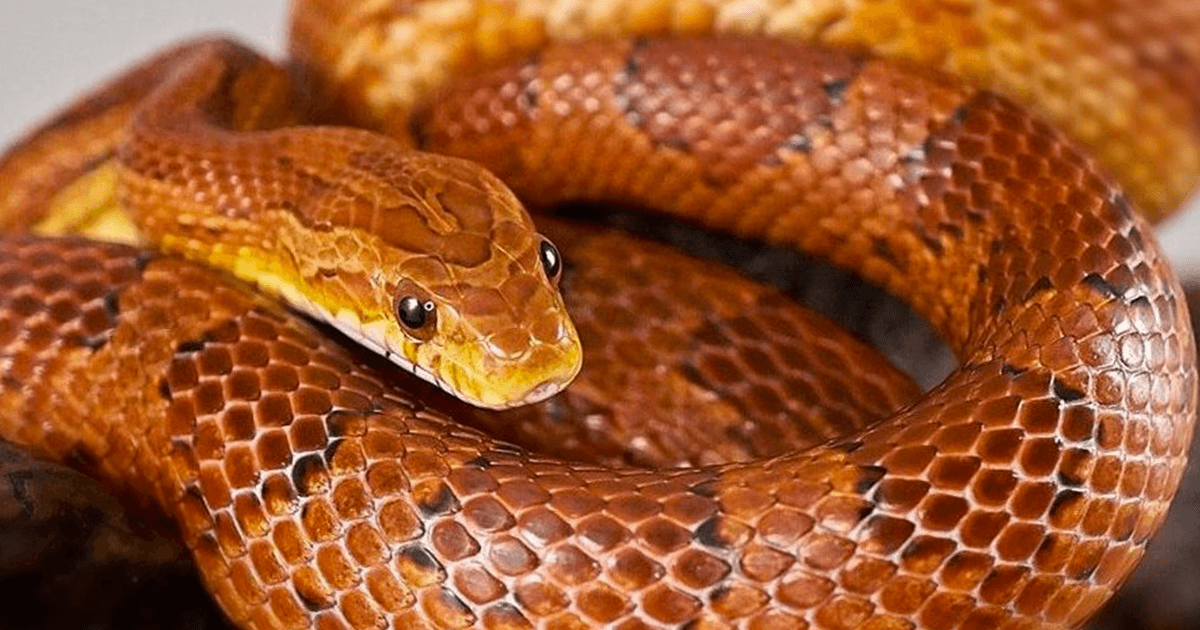*Statutory Warning: Graphic Images*
Despite European Union (EU) laws strictly disallowing the use of primates for testing in laboratories, the UK is home to several illegal breeding farms.
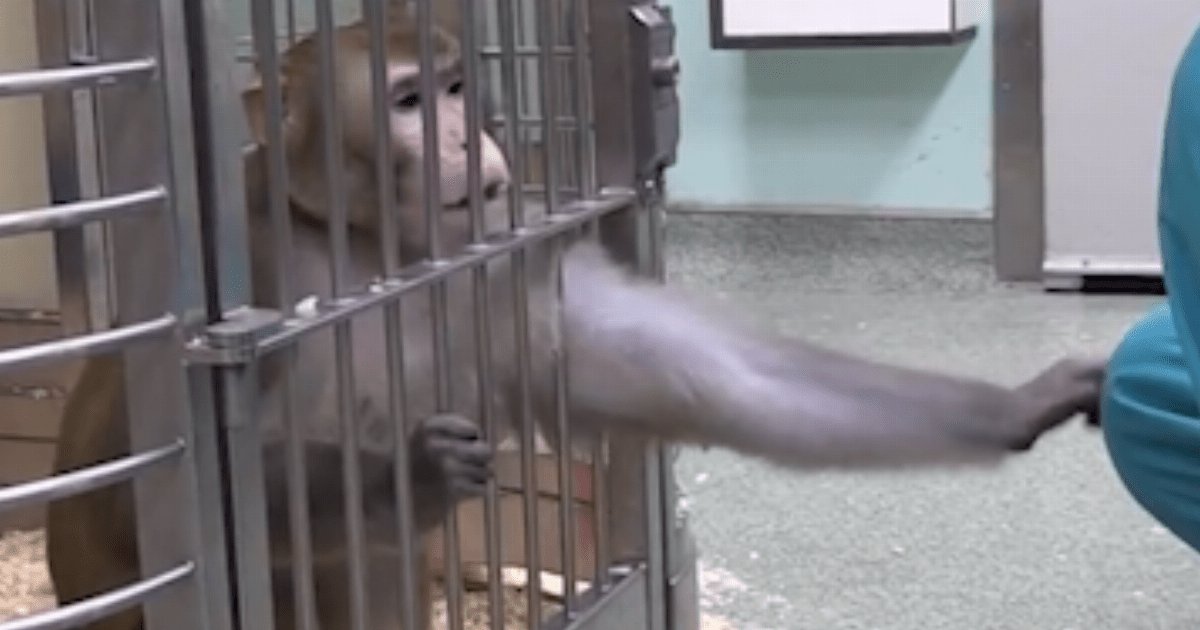
A campaign group, Animal Defenders International (ADI) called out the governments to explain the cruel and unnecessary practice on September 1, which was also celebrated as International Primate Day.
Watch below. *Warning discretion advised*
According to ADI, statistics show that a total of 246 offsprings of wild monkeys were used in British labs last year.
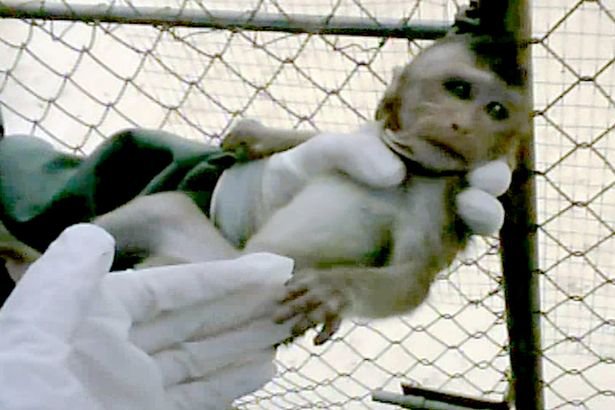
Under EU law, the use of F1 primates for testing in laboratories will be completely prohibited by November, 2022.
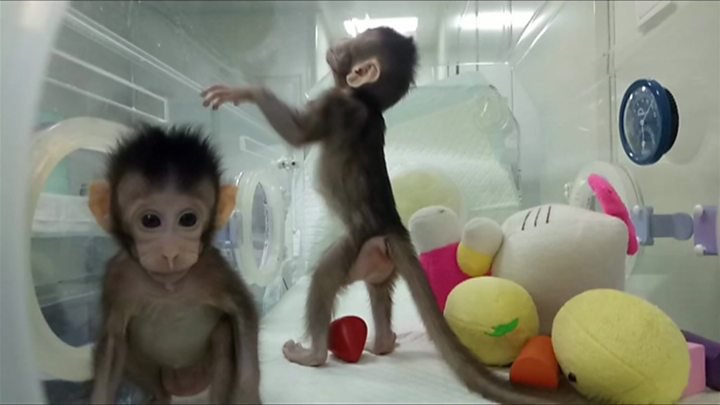
ADI research tells us that the period between 2014 and 2016 was safe for F1 primates in England since not a single one was used in laboratories. But after 2017, the number began to rise.
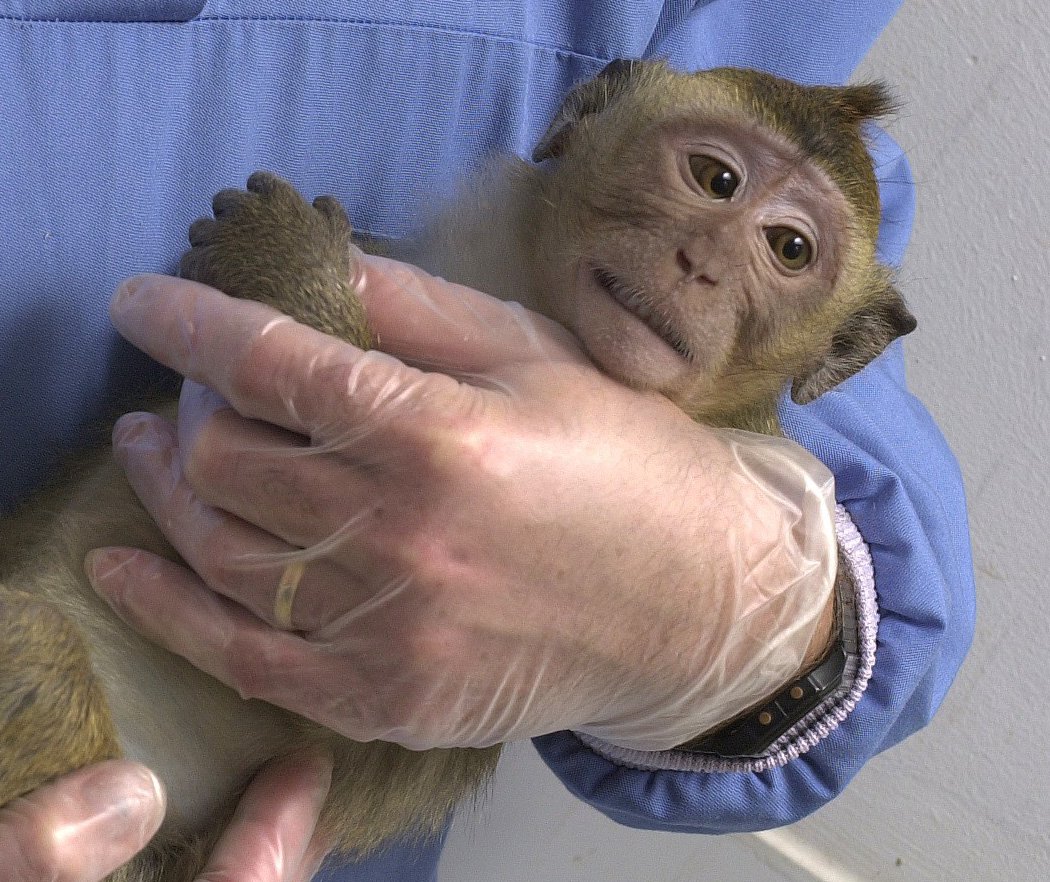
Speaking about the horrible torture humans bring upon primates, ADI Chief Jan Creamer said:
The public will be horrified to learn that not only is Britain still a major primate user, but it allows researchers to use monkeys whose parents have been taken from the wild and used as breeding machines too. The UK effectively encourages dealers in Vietnam and Mauritius to stock their factory farms by trapping wild monkeys.
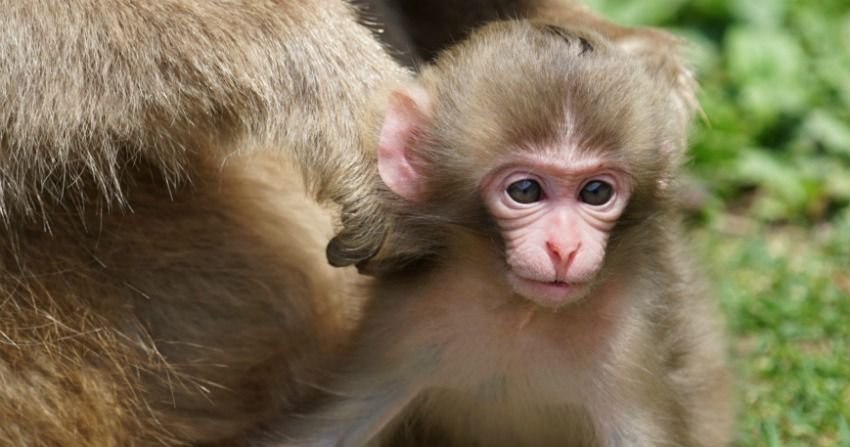
To combat this, volunteers from across the globe and in the ADI are urging the government to support the phase out of primate use in labs.






